Premium Only Content
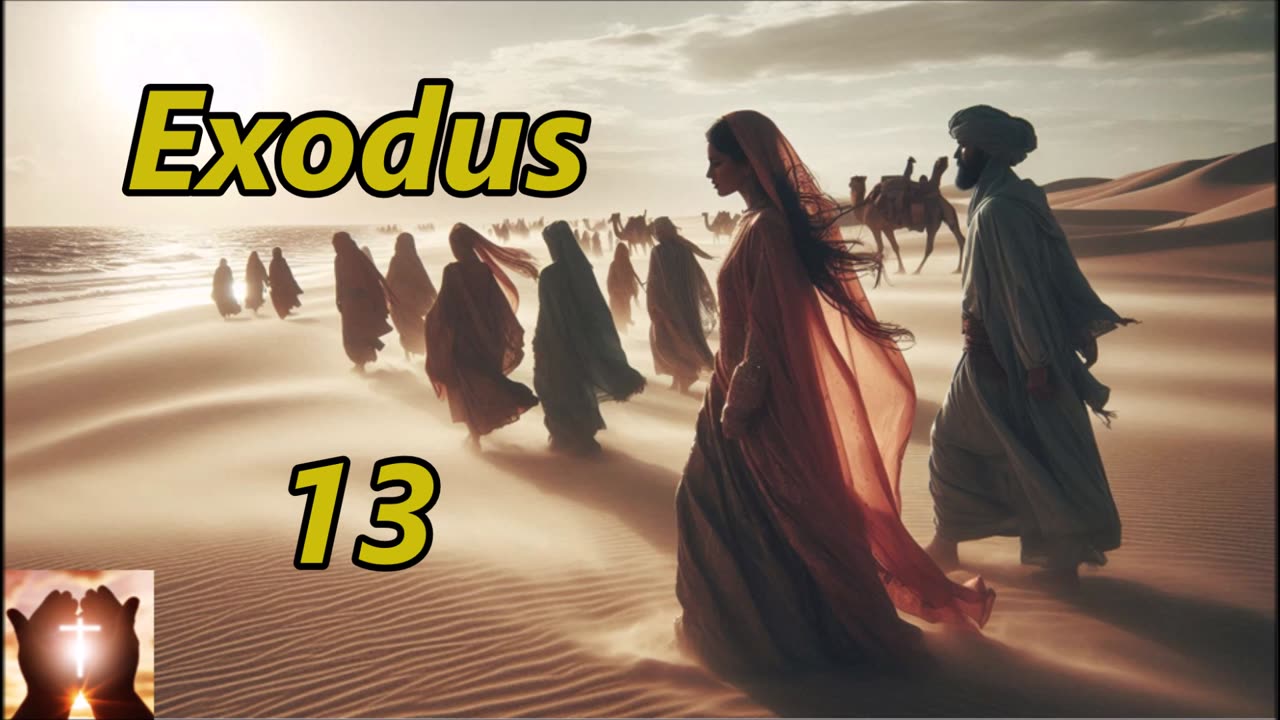
Exodus 13
Consecration of the Firstborn (v.1–2, 11–16):
God commands that every firstborn male, both human and animal, be set apart for Him.
This honors the fact that God spared Israel’s firstborns during the tenth plague.
Firstborn animals were to be sacrificed, but firstborn sons were to be redeemed (bought back).
This becomes a teaching tool for future generations, reminding them of God’s deliverance from Egypt.
Feast of Unleavened Bread Reaffirmed (v.3–10):
Moses instructs the people to remember their deliverance from Egypt by keeping this feast annually.
For seven days, they must eat unleavened bread, and no leaven is to be found in their homes.
This observance teaches future generations about the power and swiftness of God's salvation.
The feast serves as a memorial on their hands and foreheads—symbolizing constant remembrance.
Route Out of Egypt (v.17–18):
God does not lead them through the shortest route (the land of the Philistines) to avoid discouragement from war.
Instead, He leads them by the wilderness route toward the Red Sea.
The Israelites leave armed for battle, though not yet ready for full conflict.
Joseph’s Bones Carried (v.19):
Moses fulfills the promise made to Joseph, bringing his bones out of Egypt, just as Joseph requested in Genesis 50:25.
This act shows faith in God’s promises.
God’s Presence Leads Them (v.20–22):
God guides His people with a pillar of cloud by day and a pillar of fire by night.
These visible signs of His presence offer direction, protection, and assurance.
Importantly, God does not leave them, leading them continuously.
Key Themes:
Remembrance and Teaching:
God institutes rituals (Feast of Unleavened Bread, consecration of the firstborn) to help Israel remember His power and teach future generations.
Redemption:
The consecration of the firstborn reminds Israel that they were redeemed by God, pointing forward to the spiritual redemption in Christ.
Divine Guidance and Protection:
God doesn’t just free His people—He leads and cares for them, showing the wisdom of His ways, even when the path is longer.
Faith in God's Promises:
Carrying Joseph’s bones symbolizes faith across generations in God’s covenant.
Application Points:
Build spiritual habits (like the Israelites' feasts) that remind you of God’s faithfulness.
Let your life and worship teach others, especially the next generation, about God’s works.
God’s path may not be the shortest, but it is always the safest and wisest.
Trust God’s visible and invisible presence to guide you, especially through uncertainty.
God redeems us not only for freedom, but for relationship and purpose.
-
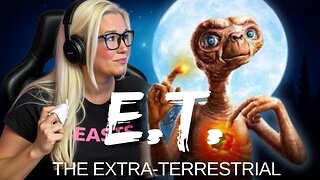 31:44
31:44
SouthernbelleReacts
2 days ago $1.10 earned“E.T. Phone Home! 🛸 Emotional Mom Style Reaction to E.T. the Extra-Terrestrial (1982)”
14.6K2 -
 20:10
20:10
JohnXSantos
23 hours ago $0.26 earnedI Built a FAKE Luxury Brand With $100 In 7 Days
9.23K1 -
 25:24
25:24
marcushouse
3 hours ago $1.37 earnedStarship Test Trouble… and Block 3 Finally Unveiled! 🤯
14.3K5 -
 33:10
33:10
Vedic compatability astrology
5 days ago"The mystery of Austin Muhs Explained"
18 -
 1:13:26
1:13:26
Squaring The Circle, A Randall Carlson Podcast
10 hours agoSaving The Bees and Healing The Planet!
8.99K1 -
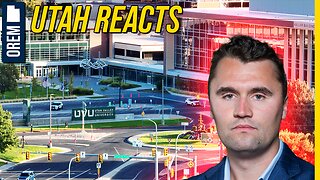 16:18
16:18
Chris Harden
2 days ago $1.76 earnedCharlie Kirk Utah Reaction | What Locals Are Saying
15.8K7 -
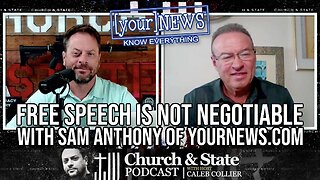 50:47
50:47
ChurchandState1776
20 hours agoFree speech is not negotiable with Sam Anthony
8.94K2 -
 16:59
16:59
Chris From The 740
20 hours ago $2.65 earnedIs Bigger Better? - The Gideon Optics Mediator 2 Is Here!
19.2K2 -
 7:58
7:58
Blackstone Griddles
17 hours agoTennessee Mountain Burgers on the Blackstone Griddle
20.7K3 -
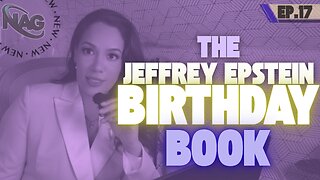 43:32
43:32
NAG Daily
18 hours agoThe Rezendes Rundown Ep. 17 - Epstein's Birthday Book
16.3K7